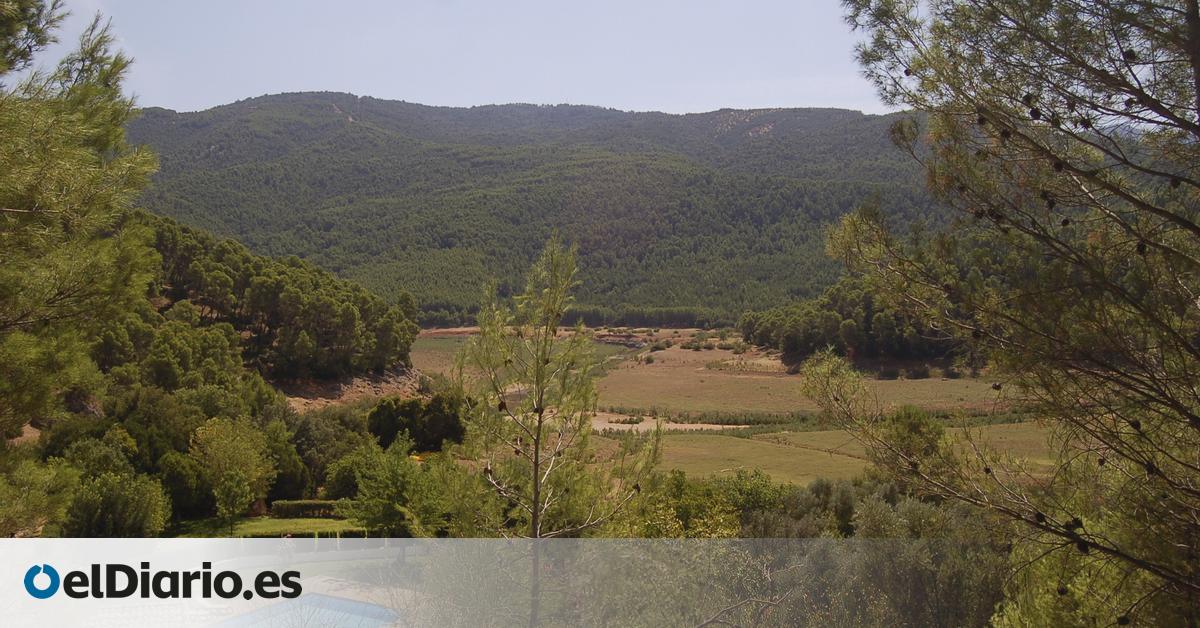
In the final stretch of the legislature, the nature restoration law became the great workhorse of the green agenda in the EU. The farmers’ protests led the right and several countries to propose a slowdown in environmental policies, which have been very ambitious in the last five years. During the processing, this regulation, which establishes legal bases to recover 90% of the damaged habitats in the year 2050, was quite weakened. Even so, when the time came for its final approval in the EU Council – where the governments of the 27 are represented – it did not go ahead due to Hungary’s ‘no’ change. The matter returned to the table of the Environment Ministers this Monday and has moved forward thanks to the support of the Austrian, Leonore Gewessler (of the Greens), against the criteria of her chancellor, of the main coalition party (EPP). ).
That vote was crucial to achieve the necessary qualified majority (at least 55% of the countries that represent 65% of the European population). Italy, Holland, Sweden, Finland, Poland and Hungary – whose move to ‘no’ made it fall two months ago – have remained in the ‘no’ vote. Belgium has abstained.
The Austrian minister announced her vote in favor of the regulations on Sunday, causing discomfort in her own Government, which has even questioned whether her decision is legal. “I cannot reconcile with my conscience that we let this opportunity pass without trying everything,” she expressed on the social network X (formerly Twitter).
However, the decision, which comes on the eve of the legislative elections in September, has opened a gap in the Austrian coalition government. The chancellor, Karl Nehammer, who is the leader of the Christian Democratic party ÖVP, which has a large presence in the rural world, has assured that the minister’s favorable vote “would be illegal” and has announced that he will appeal the decision before the Court of Justice. of the EU (CJEU).
Upon arrival at the meeting with his counterparts in Luxembourg, Gewessler explained that the decision was made due to internal legal issues, such as the change in position of the Vienna region. Regarding the doubts that have been raised by her coalition colleagues, the head of Climate Action and Environment recalled that her Agriculture colleague recently voted in Brussels in favor of lowering the environmental demands of the CAP. “Her decision is legal, my decision is legal,” she concluded.
Two months after what was planned, the nature restoration law has gone ahead in the EU Council after Belgium, which is responsible for organizing legislative activity as a rotating presidency, introduced it to the agenda. This had been claimed by Spain and ten other countries in favor of the regulations.
“A terror movie”
During this Monday’s debate, several ministers criticized the retreat that some countries took after the agreement reached with the European Parliament and the Commission was agreed upon within the Council of the EU. One of the toughest has been the third vice president, Teresa Ribera, who has described the processing of the nature restoration law as a “horror movie.”
“A file that is perfectly justified from the economic, environmental and social point of view for the EU, which had a common, clear and concrete position on the part of the Council, the Parliament (…) that was debated and supported in a agreement of the trilogue and that back in the Council there are a few countries that distance themselves from the initial vote,” the person in charge of the Ecological Transition summarized in statements to journalists. To this we must add that the European People’s Party tried to overturn this norm in the European Parliament with the support of the extreme right. The maneuver did not go ahead, but the position of the European Parliament, which is normally more ambitious than that of the 27, was weakened and, with it, so was the final text.
“I have always been surprised by the way in which a cultural battle has opened up around something that is obvious: there are no jobs on a dead planet, nor food security on a degraded planet. The main threat to farmers is soil degradation, drought or lack of pollinators,” added Ribera, who reproached his colleagues for the threat to which this regulation has been subjected. “You have to take great care of the procedures,” the minister told them, who aspires to a position related to the Environment in the next composition of the European Commission.
80% of ecosystems are damaged right now. The nature restoration law aims for European countries to apply measures to recover them with the objective of doing so with 90% by mid-century, with two intermediate objectives (20% by 2030 and 60% by 2040). What the Austrian minister has asked for is that there be EU aid to carry out this biodiversity repair.
However, during the processing of the regulations, the ambition was reduced with respect to the initial intention, including an ’emergency brake’ that will allow the measures to be suspended for up to a year in the event that “for reasons of unexpected emergency it is not possible to comply with some of these objectives within the foreseen period.” Another reduction is that in the restoration, the Natura 2000 Network spaces will be prioritized, which are already protected. To overcome the financing obstacle, it is proposed that Brussels present a report on the financial resources available at the community level, the needs and a proposal to increase the allocation in the EU budget if necessary.
Source: www.eldiario.es

